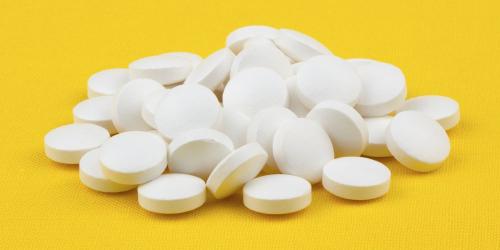Certainly the butter is fat. A portion (10 g) actually provides 72 Kcal. But no more than margarines or olive oil. And contrary to what we have long thought, its consumption does not increase the probability of occurrence of cardiovascular disease.
American and Australian researchers, Stanford University and Sydney University, have analyzed a large number of medical studies on the subject, involving a total of 600,000 people from 15 different countries.
Unfounded accusation
Their results, published in the journal PloS One , clearly show that there is no link between regular ingestion of butter and the occurrence of myocardial infarction or stroke.
At reasonable dose (the equivalent of one tablespoon per day), this food would not be harmful. Better: it would protect against diabetes, reducing the risk by 4%.
Assets not to be neglected
Butter is also an excellent source of vitamin A, an antioxidant that contributes to the good quality of the skin. This vitamin also participates in bone growth, the vigor of the immune system and the synthesis of several hormones, such as progesterone. To cover 20% of an adult's vitamin A needs, 25g of butter is enough.
Butter has nothing to envy to vegetable margarines. Especially since the University of North Carolina has tarnished their image. They lower blood cholesterol levels well but do not reduce the risk of cardiovascular disease because they contain trans fatty acids because of their industrial manufacturing process.


